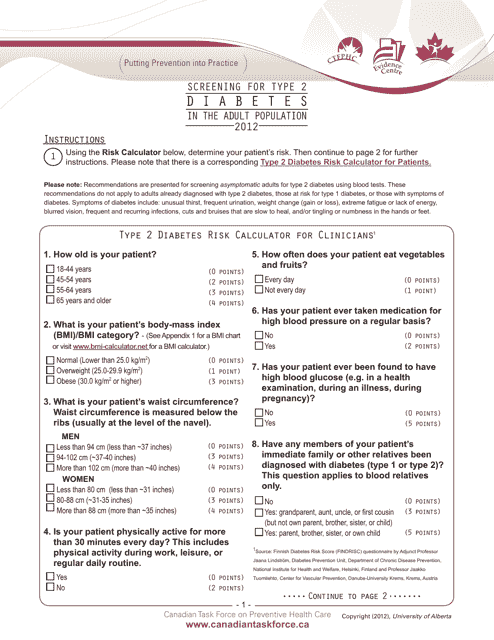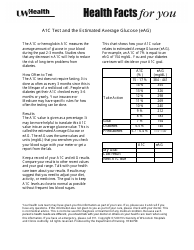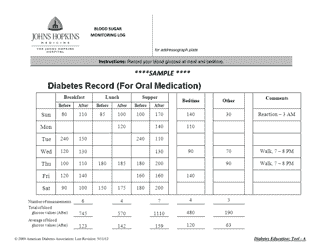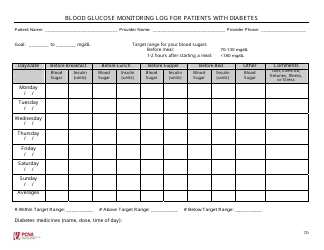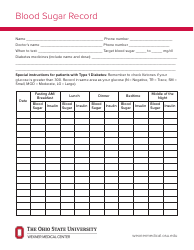Type 2 Diabetes Screening Test - University of Alberta
The Type 2 Diabetes Screening Test is conducted by the University of Alberta to help identify individuals at risk of developing Type 2 Diabetes. It is used to assess a person's likelihood of developing the condition based on certain risk factors.
FAQ
Q: What is Type 2 Diabetes?
A: Type 2 Diabetes is a chronic condition in which the body becomes resistant to insulin or doesn't produce enough insulin to properly regulate blood sugar levels.
Q: What is a Type 2 Diabetes screening test?
A: A Type 2 Diabetes screening test is a medical test that helps identify individuals who are at risk of developing Type 2 Diabetes.
Q: Why is it important to be screened for Type 2 Diabetes?
A: Screening for Type 2 Diabetes is important as early detection and intervention can help prevent or delay the onset of the condition and its complications.
Q: Who should get screened for Type 2 Diabetes?
A: Individuals who are overweight, have a family history of Type 2 Diabetes, or have other risk factors should consider getting screened for the condition.
Q: What are the risk factors for Type 2 Diabetes?
A: Some of the risk factors for Type 2 Diabetes include being overweight or obese, having a sedentary lifestyle, having a family history of the condition, and being over the age of 45.
Q: How is a Type 2 Diabetes screening test performed?
A: A Type 2 Diabetes screening test usually involves a simple blood test to measure fasting blood sugar levels or a hemoglobin A1C test to assess long-term blood sugar control.
Q: What are the treatment options for Type 2 Diabetes?
A: Treatment options for Type 2 Diabetes include lifestyle changes such as healthy eating and regular exercise, oral medications, and insulin therapy in some cases.
Q: Can Type 2 Diabetes be prevented?
A: While Type 2 Diabetes cannot always be prevented, adopting a healthy lifestyle with proper diet and regular exercise can significantly reduce the risk of developing the condition.
Q: Is a Type 2 Diabetes screening test covered by insurance?
A: In many cases, Type 2 Diabetes screening tests are covered by insurance, especially for individuals with risk factors or a family history of the condition. It is recommended to check with your insurance provider for specific coverage details.
